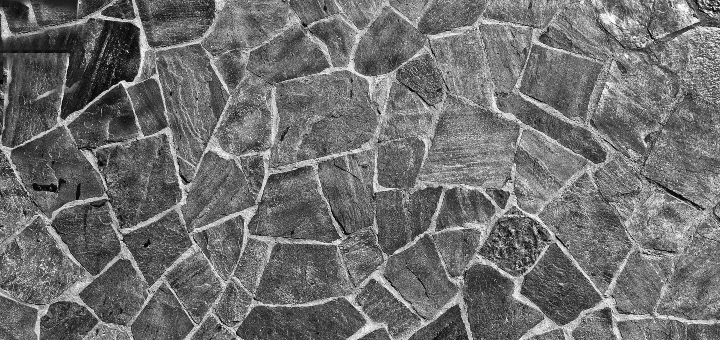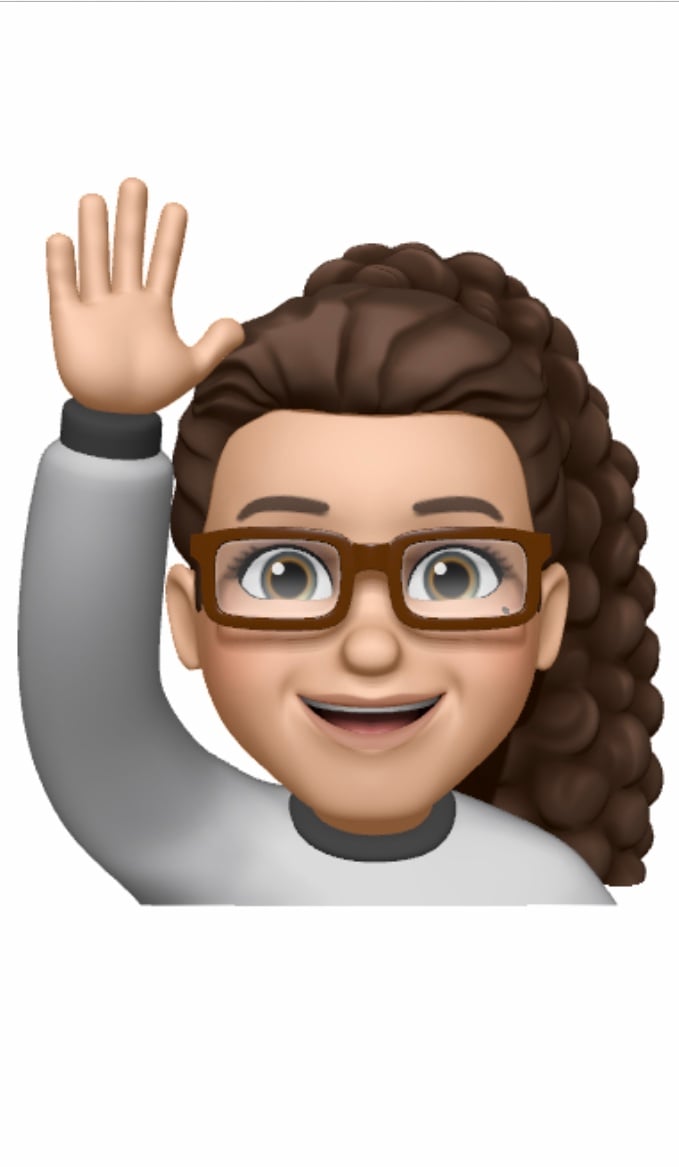
 Image credit: Pixabay.com (2018), CC0/PD[/caption]
Weakness is generally considered a bad thing in everyday life. Calling someone weak is basically a universal insult. There was even a time when “That’s weak!” was the slang equivalent of “That’s bad” or “That’s wrong.” Yet, until we recognize our own weakness, spiritual growth is almost impossible. God cannot make us whole until we acknowledge we are weak, opening our hearts to the need for His healing.
When we are humble, we acknowledge our weakness. While we don’t exaggerate that weakness, we also don’t downplay it, don’t justify it away, and don’t try to convince ourselves and others that it is not there. We say, “I’m weak, and I can’t become strong on my own. I need God and other people.”
Perhaps this is why pride is sometimes called the foremost of the 7 deadly sins -- that all other sins flow from it. Pride says, “I don’t need a savior. I am strong on my own.” The proud don’t need help from others, so they don’t need to consider how their actions affect others. They don’t need moderation; they can handle more than the average person. The rules are for weaker folks, not them. Pride tells us we can justify any action, so we don’t need to seek God’s forgiveness. When we fall into the trap of pride, we don’t invite God into our lives to heal us. We delude ourselves into thinking we are already whole, and we resist the happiness we could find in God’s healing.
Image credit: Pixabay.com (2018), CC0/PD[/caption]
Weakness is generally considered a bad thing in everyday life. Calling someone weak is basically a universal insult. There was even a time when “That’s weak!” was the slang equivalent of “That’s bad” or “That’s wrong.” Yet, until we recognize our own weakness, spiritual growth is almost impossible. God cannot make us whole until we acknowledge we are weak, opening our hearts to the need for His healing.
When we are humble, we acknowledge our weakness. While we don’t exaggerate that weakness, we also don’t downplay it, don’t justify it away, and don’t try to convince ourselves and others that it is not there. We say, “I’m weak, and I can’t become strong on my own. I need God and other people.”
Perhaps this is why pride is sometimes called the foremost of the 7 deadly sins -- that all other sins flow from it. Pride says, “I don’t need a savior. I am strong on my own.” The proud don’t need help from others, so they don’t need to consider how their actions affect others. They don’t need moderation; they can handle more than the average person. The rules are for weaker folks, not them. Pride tells us we can justify any action, so we don’t need to seek God’s forgiveness. When we fall into the trap of pride, we don’t invite God into our lives to heal us. We delude ourselves into thinking we are already whole, and we resist the happiness we could find in God’s healing.
Step one: admit weakness
There are many variations of 12-step recovery programs, but the first step is always to admit weakness and needing help. For instance, Alcoholics Anonymous and Al-Anon have the same first step:We admitted we were powerless over alcohol and that our lives had become unmanageable.There is a reason a person has to admit this weakness, or powerlessness, before he can move on with the rest of the steps. If someone is still holding on the the idea that he can handle alcohol (and the problems that flow from it) on his own, then he won’t be open to help from “a Power greater than himself.” He doesn’t need any help. He has his pride. And if a loved one of an alcoholic is still thinking she just needs to find the right words or actions to convince (or trick) her alcoholic to stop drinking and behaving badly, she will never let go and turn to God for help. She may do crazy, malicious, or self-destructive things, but she’s not the one with the problem. This person, much like the alcoholic, lets pride blind her to her own weakness. It is only in taking that first step, admitting powerlessness, that these people can truly start to recover--to get back that whole, healed person that God meant them to be.
The Cross Makes Us Whole
When we recognize our human weakness, then we can go to God and say, “I can’t do it. I can’t make right the ways I have wronged You, for You are the Infinite, Almighty God. I am not strong enough.” Then Christ says, “Don’t worry, my love. I AM strong enough. I will take your punishment on the cross and transform it. If you let me, I can make you whole again.” So this Holy Week, as we commemorate the salvation Christ obtained for us on the cross, let us remember we are wholly, entirely weak. When we give that weakness to God, He can restore us.Copyright 2019 Monica Portogallo
About the Author

Monica Portogallo
Monica Portogallo is a mother and registered dietitian nutritionist who does her best not to miss the lessons God sends to her through the joys and struggles of daily life. She lives in California.


.png?width=1806&height=731&name=CatholicMom_hcfm_logo1_pos_871c_2728c%20(002).png)
Comments